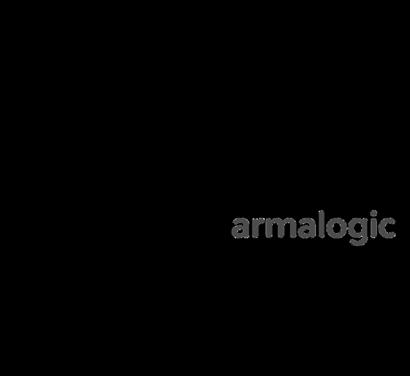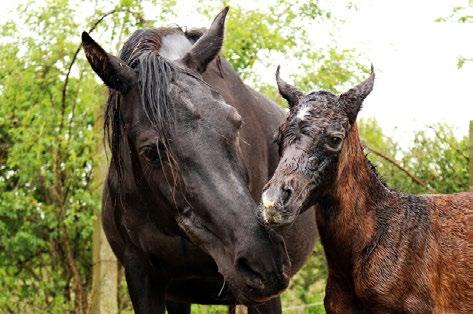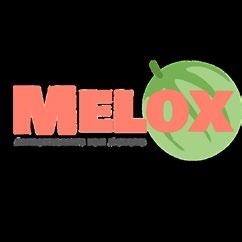
9 minute read
THE HORSE LISTENER
THE HORSE LISTENER
Family ties
We are only just beginning to understand the strength of the bonds between family groups of horses, writes CANDIDA BAKER.
For those of us who own or love horses, there is absolutely no doubt that they are ‘sentient’ beings. Asking us if our horse has feelings is a bit like questioning that night follows day, to be honest. Over the years I’ve witnessed happy horses, sad horses, depressed horses, playing horses, thinking horses, dreaming horses, joyous horses, angry horses, grieving horses and even jealous horses.
But even so, particularly for those involved in the equine industry, there comes a point where sentiment has to be ignored for practicality.
On a breeding stud, foals are weaned, grown and sold. Horse ‘families’ rarely stay together, and although many of us may have seen horses grieve when other horses they are bonded with leave them, the idea of family ties being as strong as those that bind human relationships is not something that most of us have had the chance to observe.
Earlier this year while I was presenting at the International New Zealand Spirit Horse Festival, which is held at Dune Lakes Lodge, about an hour’s drive from Auckland, I was privileged to meet founder Rosemary Wyndham-Jones’ warmblood horse herd, many of whom are direct descendants from the two mares she brought out to New Zealand with her from the UK some decades before. Mary, the great-grandmother and matriarch is still going strong at 33, her daughter Jodie sadly passed some years before.
This herd, which is only part of the larger herd, includes one of Mary’s great-grandsons, Susha, a beautiful chestnut gelding, who came down with a serious case of colic some months ago. It became literally a matter of life and death, and the vet was clear that surgery (expensive and often not successful) was the only option.
Susha underwent surgery, and came through, only to embark on a see-saw of some more minor bouts of colic, which resulted in him coming and going from the vet hospital for the next month or so. Separated from his herd during treatment, he was cared for night and day by Rosemary, her friends and the Dune Lakes staff.
Gradually, against all odds, Susha improved. Rosemary simplified his diet extensively, and finally the grand day arrived when not only was he back at home, but also allowed out in the round yard to graze.
And this was where the magic happened.
Hasanka Perera, who works with Rosemary on the festival, and spends

a lot of her time at Dune Lakes Lodge was privileged to witness the incredibly special reunion.
Says Hasanka: “We brought the rest of the herd in to see him for the first time in several months, and when we released the herd into the home paddock where the round yard is, all the horses who are related to Susha by blood – and only those horses – went straight to him and surrounded him, as you see in the photo. They stood like that for a long time while Susha held his nose to each horse one by one.”
The ‘blood’ horses included Susha’s dad Soma, his aunt Solo and his uncle Spirit, and his great-grandmother Mary. concerned of all was Soma, Susha’s dad,” says Hasanka. “He hardly left Susha’s side the entire time they were all together. Eventually the other horses came and went, but Soma stayed with his boy. There was something tangible and electric happening in the space between their noses as they caught up on everything that had been happening. It was such a powerful scene to witness the strength of connection between the members of this family, and seeing the bond between father and son was something truly too beautiful to behold.”
I’ve personally witnessed the touching of noses in what I would say is a ceremonial manner, when it seems to hold much more importance than just the casual hello. Whatever passes between horses at these times holds so much more communication than we can ever guess at, and it’s one of the many reasons why, in my own personal human and clumsy way, I try hard to understand what my horses are actually ‘saying’. To me their sentience is without question. The failing mine when I don’t reach their level of understanding.
Last year, on November 23, 2018, the Brussels Parliament unanimously voted to recognise animals, previously categorized with property and immobile goods – as a special category. Under the legislation, animals in Belgium are now categorized as a ‘living being endowed with sensitivity, interests of its own and dignity, that benefits from special protection.’
Main: Susha comes come.
Below: Soma staying near his son. Pictures: Hasanka Perera
In 2015 France, New Zealand and Quebec similarly amended their laws to recognise animals as sentient beings, and in September 2018, Slovakia updated the definition of animals in its civil code to reflect that they are living beings, not ‘things’.
In the US animals are classified as property and for the most part are considered to be objects under the law, although some states have addressed legislation, for instance, Oregon where it’s recognised that ‘animals are sentient beings capable of experiencing pain, stress and fear.’
According to Luc Ferry, the former French education minister, updating France’s civil code in 2015 was obvious: No one has ever tortured a clock.

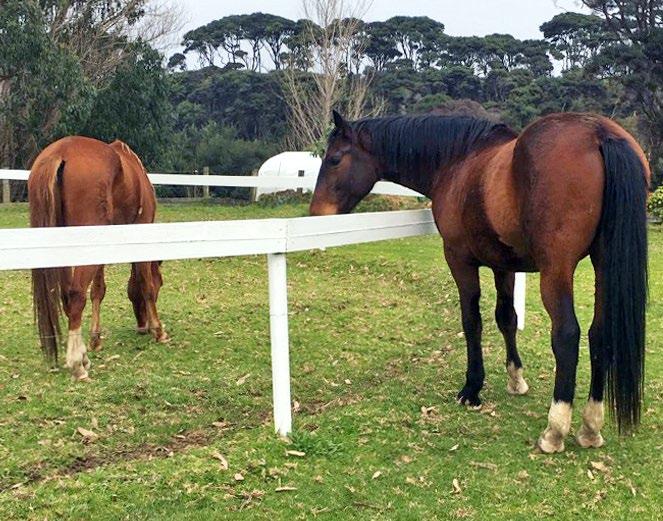
Susha’s family staying close. Picture: Hasanka Perera
Animals suffer, they have emotions and feelings. It is not a question of making animals subjects of the law…but simply of protecting them against certain forms of cruelty.’
Undoubtedly a step in the right direction, and all these amendments signal an awareness that the law is antiquated in many cases when it comes to its conception of animals.
And yet in Australia there is no legal acknowledgment that animals are sentient beings. Under laws proposed by the ACT government the territory is considering become the first jurisdiction in Australia to recognise animals as ‘sentient beings.’ It would acknowledge that ‘animals have intrinsic value and deserve to be treated with compassion’ and that ‘people have a duty to care for the physical and mental welfare of animals.’
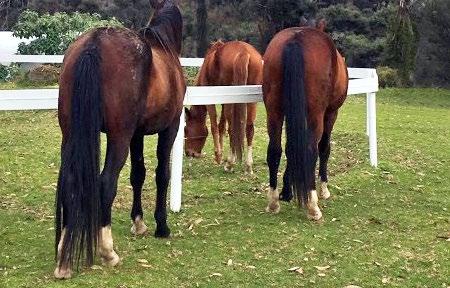
To me, as someone who has now been involved in horse rescue and rehabilitation for over forty years, my ever-increasing understanding of the extraordinary bonds that exist between horses, reminds me of the importance of increasing awareness of horse welfare in Australia.
Our horses have to, in the main, grow-up and go out into the world, but trying to make sure that world is a kinder place for them in the long run seems a bit of a no-brainer to me.
Candida Baker runs a Facebook page, The Horse Listener. She is also the President of Equus Alliance.
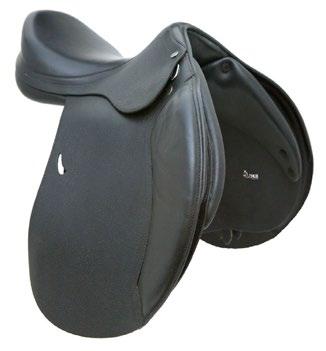
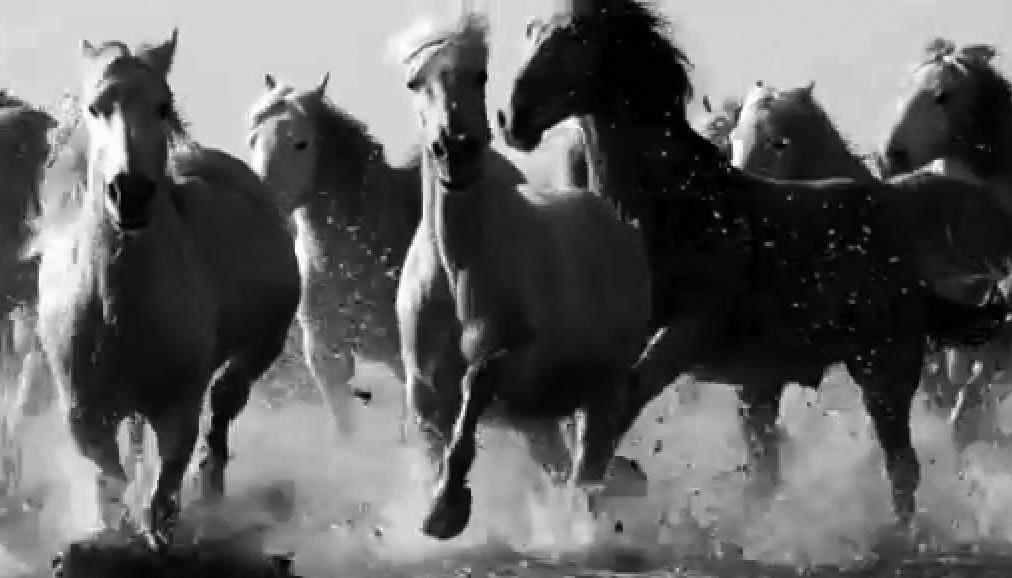
Equipe Emporio Jump 17” $1,700
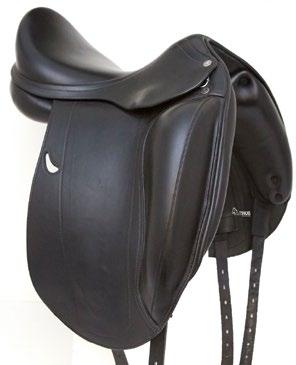
Equipe Emporio 16 ” $3,200 $2,995
For more information visit:
equestrianhub.com.au


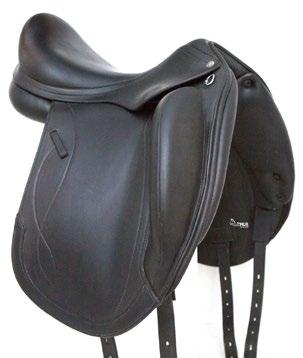
Equipe Olympia 17” $3,700

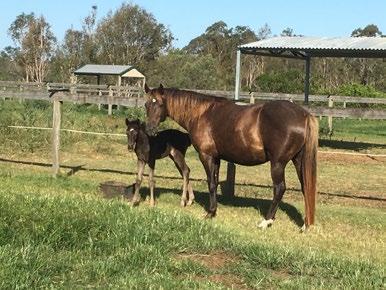

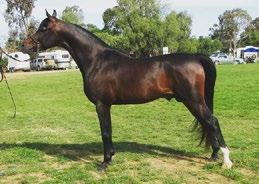
Make the Most of Advances in Scientific Nutrition
Breeding this season? In this article equine nutritionist Larissa Bilston shares tips on how you can use the latest science-based feeding strategies to increase your mare's chance of going into foal quickly and optimise the stallion's fertility. Marine-sourced Omega-3s aid fertility and foal development
Marine-sourced forms of omega-3 (EPA and DHA) provide proven to benefits to breeding and growing horses. Supplementation should begin 60 days prior to breeding and continue in the mare through until weaning. Broodmares fed DHA experience reduced inflammation post-breeding, increased conception rates and reduced number of cycles taken to achieve a confirmed pregnancy. DHA supplemented stallions benefit from improved semen quality, sperm count and conception rates. Research demonstrates that DHA is effectively transferred to the developing foal in utero and via milk when their mothers are supplemented throughout pregnancy and lactation. Foals from supplemented mares have shown improved cognition, development and trainability later in life. Farmalogic Omega Balancer combines plant and marine-sourced omega-3 fatty acids in a highly stable, powdered form that stores safely in a feed shed environment. Equine Vit&Min Omega-3 PLUS is an all-in-one vitamin, mineral and EPA/DHA omega-3 balancing solution for optimal health and performance of breeding and growing horses. The role of antioxidants in reproduction
Supplementing stallion diets with organic selenium and SOD primary antioxidants is scientifically proven to improve stallion fertility through better semen quality and tolerance to chilling/freezing. Antioxidant supplemented stallions also produced more straws of semen per breeding season.
Farmalogic Melox contains scientifically balanced levels of natural-sourced vitamin E, vitamin C, pure organic selenium and plant-derived superoxide dismutase (SOD) for boosting the reproductive and immune systems of breeding stallions and mares.
Looking a ter gut health in breeding horses
In breeding horses, the stress of serving, scans, transport, giving birth and weaning can cause populations of beneficial gut microbes to become rapidly depleted which may lead to suppressed appetite, hind gut acidosis and colic. Research demonstrates that live yeast probiotics and prebiotics such as the MOS component of yeast cell walls improve gut health by favouring beneficial microflora and inhibiting bacterial pathogens, improving feed use efficiency, improving colostrum and milk quality and reducing the risk of hind gut acidosis.
Farmalogic Rejuvenate contains prebiotics and live yeast probiotics for horses to maintain gut health and aid in enhancing performance during and after periods of stress. Available as a paste or powder. Fine-tuning mineral and electrolyte balance
Correct basic nutrition underpins any successful breeding program and your horse's ability to reproduce efficiently relies on access to the right nutrients at the right time. It is well worth the investment in having a professional nutritionist assess your horse's mineral balance in the lead-up to breeding season to ensure your horse has optimal nutrition and avoid deficiency-related infertility. Your nutritionist will also be able to advise how to feed your broodmare throughout the different phases of gestation and lactation.
As a part of our strong commitment to customer service, and to help save you money, we offer all Farmalogic customers a free diet analysis to finetune your horse ’ s diet and calculate the level of supplementation your horse requires.
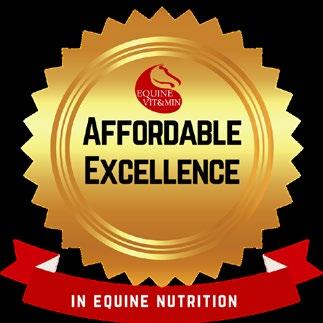
Equine Vit&Min ’ s leading nutritional supplements are scientifically formulated to top up and balance your horse ’ s diet with the vitamins and minerals often missing in horse ’ s feeds. With six blends and a pelleted version to choose from, there's an EVM to suit most horses!

